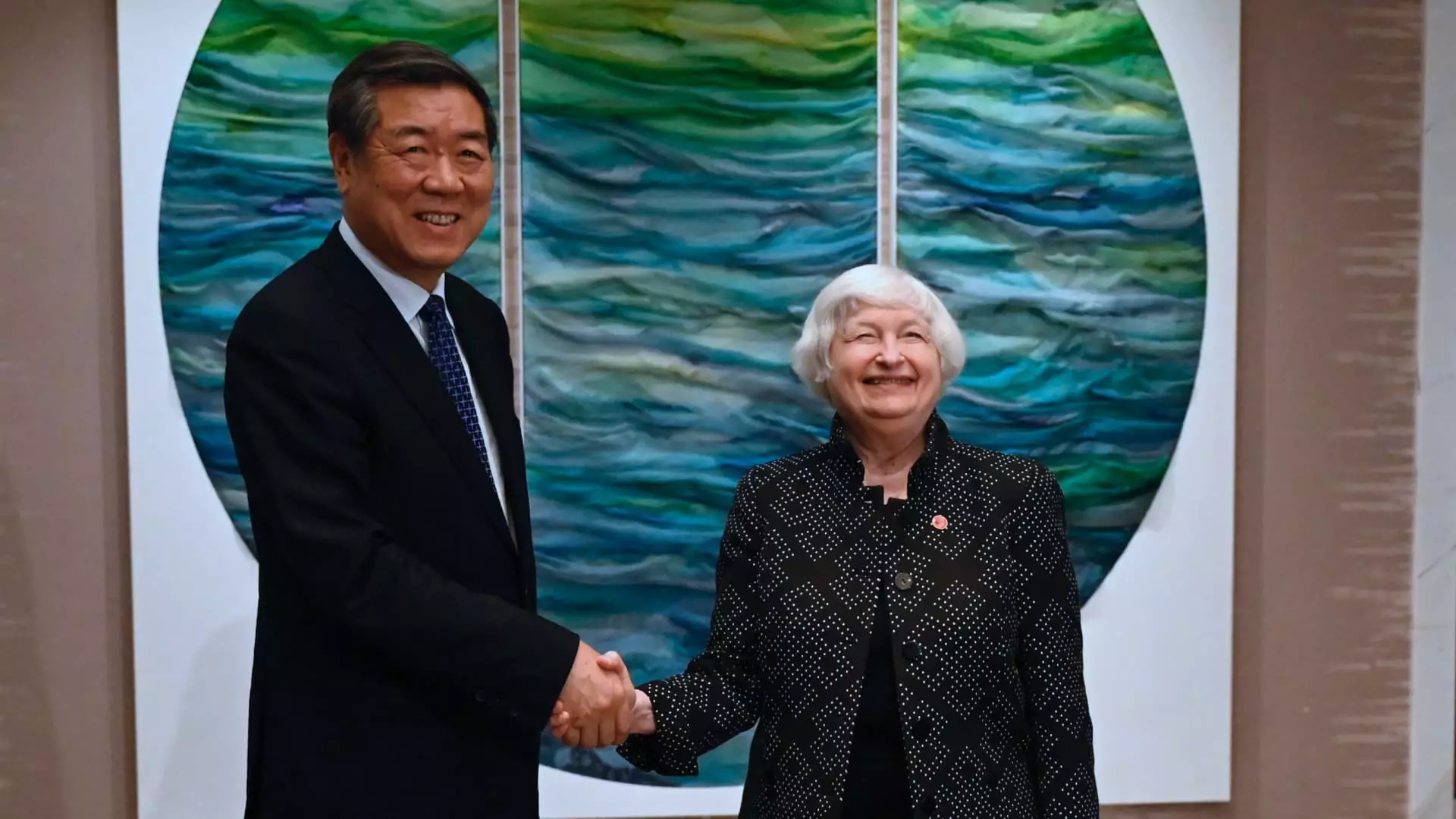U.S. Treasury Secretary Janet Yellen’s recent comments on China’s excess manufacturing capacity have stirred controversy, with Chinese state media accusing her of perpetuating the “China threat” narrative. These remarks have been interpreted as a thinly veiled attempt to justify more protectionist policies on the part of the United States. The editorial from state news agency Xinhua argues that instead of focusing on fear-mongering tactics, Washington should prioritize fostering innovation and competitiveness within its own borders.
Critical Analysis of Yellen’s Concerns
Yellen’s concern over the global economic implications of China’s overproduction of electric vehicles, solar panels, semiconductors, and other goods is not without merit. However, the framing of these issues as a threat to China’s domestic growth and international cooperation raises questions about the underlying motives behind her statements. By highlighting Chinese overcapacity in the clean energy sector, Yellen may inadvertently be laying the groundwork for implementing protectionist measures to shield U.S. companies.
The accusatory tone taken by Yellen in addressing China’s manufacturing practices has the potential to strain relations between the two economic powerhouses. By singling out China for its excess production, the U.S. risks escalating trade tensions and triggering retaliatory measures from Beijing. This not only undermines the spirit of mutual cooperation but also runs the risk of sparking a broader trade war that could have far-reaching consequences for the global economy.
In order to avoid further escalating tensions, both the U.S. and China need to engage in constructive dialogue that addresses legitimate concerns while avoiding the pitfalls of protectionism. Rather than resorting to inflammatory rhetoric, both nations should work towards finding mutually beneficial solutions that promote sustainable growth and innovation. By fostering a spirit of collaboration, the U.S. and China can overcome their differences and pave the way for a more stable and prosperous economic future.
While Yellen’s comments on China’s excess manufacturing capacity may have been well-intentioned, the manner in which they were delivered risks exacerbating existing tensions between the two nations. Moving forward, it is imperative for both the U.S. and China to prioritize diplomacy and cooperation in addressing trade-related issues, rather than succumbing to the temptation of protectionism and fear-mongering tactics. Only by working together can these economic giants navigate the complexities of the global marketplace and ensure a prosperous future for both countries.


Leave a Reply